19 Solo Travel Mistakes That Could Get You In Trouble

Traveling solo is empowering—it pushes you out of your comfort zone, introduces you to new perspectives, and gives you total freedom to explore at your own pace. But let’s be real: without a travel buddy to catch your blind spots, the smallest slip-ups can lead to major headaches.
Ever forgotten to double-check your hotel’s location or underestimated how isolated a hike might be? I’ve been there—and I’ve learned the hard way. That’s why I’ve put together this guide to the most common mistakes solo travelers make (and how to avoid them).
From safety slip-ups to social missteps, these tips will help you navigate your trip with confidence. Planning to go it alone? Make sure you’re doing it smart. Because the best solo trips are the ones where you return with stories—not regrets.
1. Not Sharing Your Itinerary

Someone should always know where you are when traveling solo. Without sharing your plans, nobody would know where to look if something went wrong. I always send my daily itinerary to a trusted friend or family member, including accommodation details and expected return times.
This simple habit creates a safety net that follows you everywhere. If plans change (which they often do), a quick message update keeps your safety contacts in the loop.
Remember that in remote areas, scheduling check-in times can be the difference between a quick rescue and a serious situation.
2. Trusting Strangers Too Fast
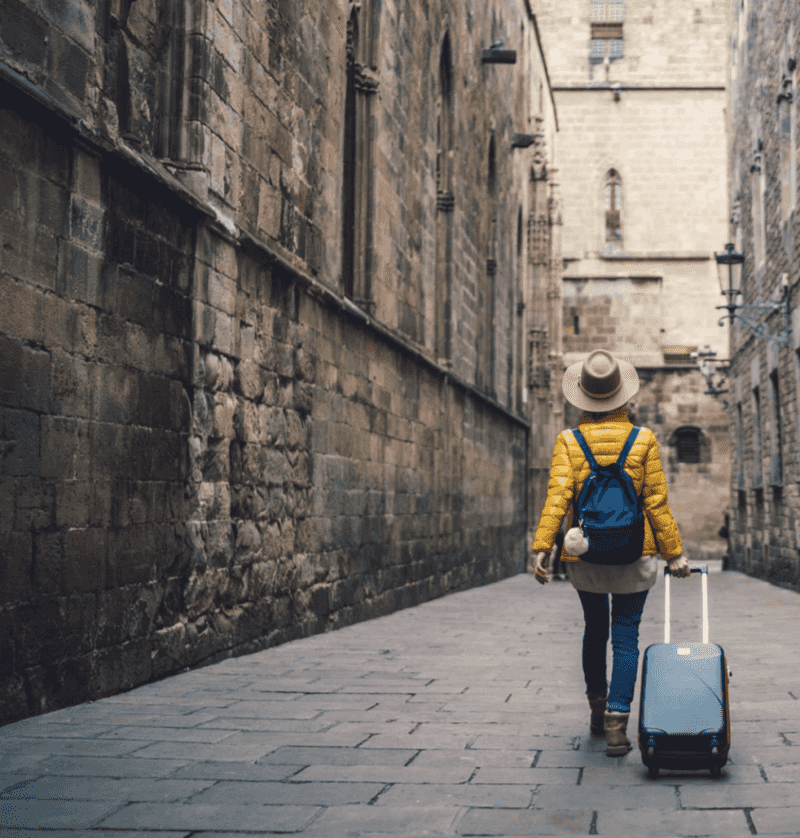
Making new friends is part of the adventure, but instant trust can lead to dangerous situations. I’ve learned to maintain healthy skepticism while still enjoying conversations with locals and fellow travelers. Watch for red flags like excessive curiosity about where you’re staying or if you’re traveling alone.
Trust your gut feeling – it’s usually right. When someone makes you uncomfortable, create distance politely but firmly. Meeting new people in public places during daylight hours is always safer than private settings.
Remember that genuine friendships develop gradually, not instantly.
3. Overpacking Just in Case
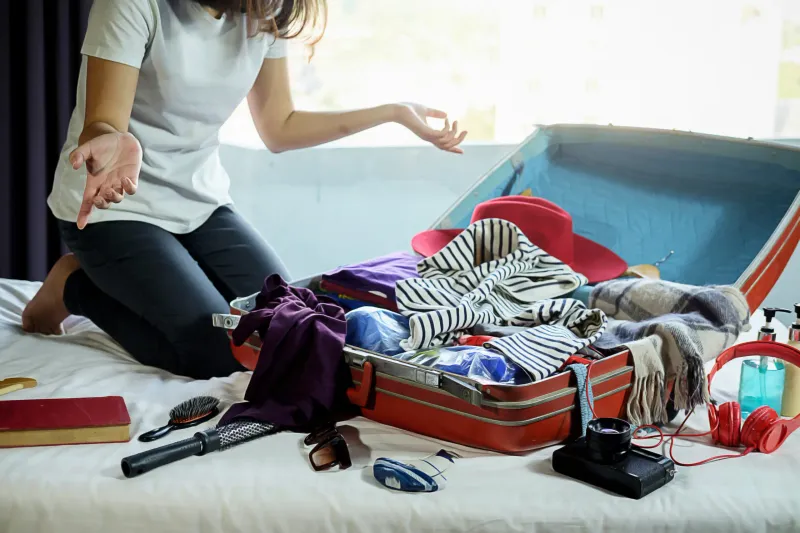
Heavy bags make you an obvious target and limit your mobility when you need it most. I once lugged a massive suitcase through narrow European streets, marking myself as a vulnerable tourist while exhausting myself unnecessarily. Smart packing means bringing versatile items that serve multiple purposes.
Struggling with bulky luggage makes you less aware of your surroundings. You’re also more likely to set bags down and forget them when overwhelmed. Aim to pack light enough that you can manage all your belongings yourself without strain.
If something’s truly essential, you can usually buy it at your destination.
4. Forgetting Travel Insurance
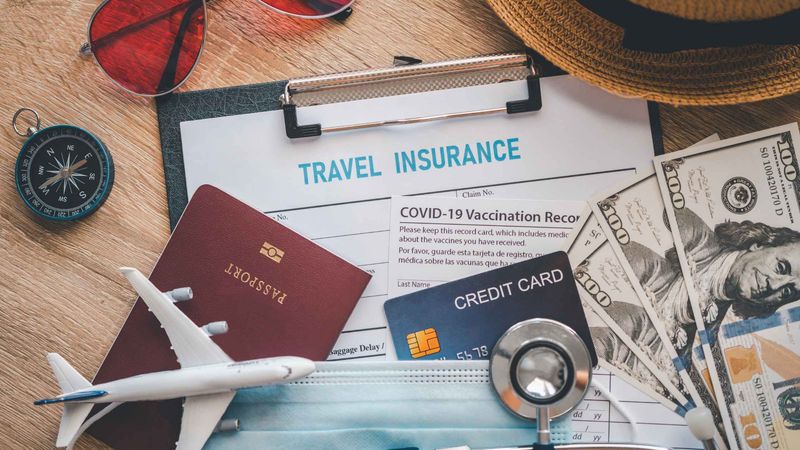
Medical emergencies abroad can bankrupt you without proper coverage. I never skip travel insurance after witnessing a fellow traveler face a $20,000 hospital bill in Thailand. Beyond health coverage, good insurance protects against trip cancellations, lost luggage, and even emergency evacuations.
Many travelers mistakenly believe their domestic health insurance covers international incidents. This dangerous assumption leaves many stranded with massive bills. The small upfront cost of comprehensive travel insurance provides immense peace of mind.
Always read the policy details carefully – coverage varies widely between providers and plans.
5. Ignoring Local Laws

What’s perfectly normal at home might land you in jail elsewhere. Ignorance of local laws won’t protect you from their consequences. Before my trip to Singapore, I researched their strict regulations on everything from chewing gum to jaywalking, saving myself potential fines or worse.
Drug laws vary dramatically worldwide, with some countries imposing extreme penalties even for substances legal in your hometown. Hand gestures considered innocent in Western countries can be deeply offensive elsewhere.
Research basic legal and cultural expectations before arrival, especially regarding dress codes, photography restrictions, and public behavior rules.
6. Flashing Expensive Gear
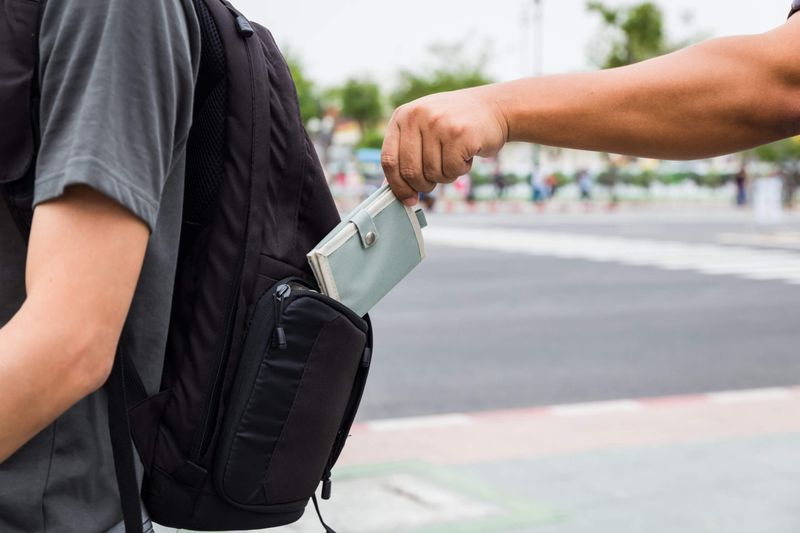
Your shiny camera and latest smartphone scream “rob me” to opportunistic thieves. I’ve adopted simple habits like keeping expensive electronics hidden when not in use. Flashy jewelry, designer bags, and high-end watches make you stand out for all the wrong reasons in many destinations.
Consider using less conspicuous gear while traveling. A weathered backpack attracts less attention than a premium branded one. When photography is your passion, invest in nondescript camera bags rather than those with recognizable logos.
Even wealthy locals often practice discretion with valuables in public spaces – follow their example.
7. Skipping Safety Research
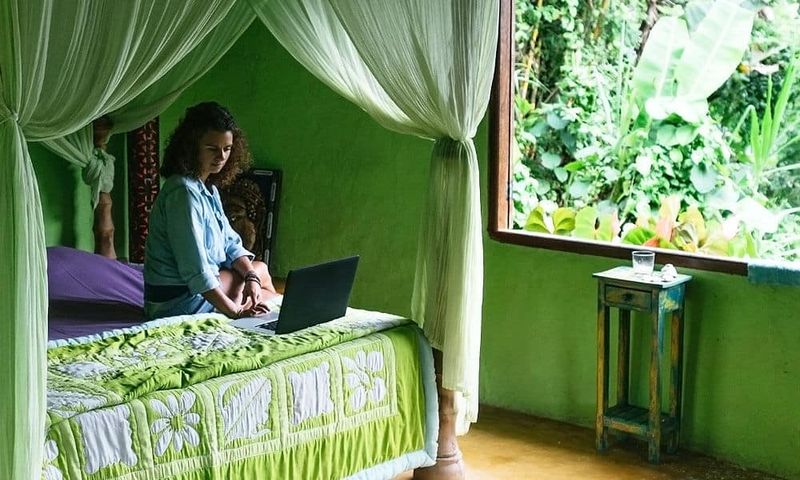
Every destination has its unique safety concerns that deserve your attention before arrival. I always research neighborhood safety, common scams, and transportation risks for each new city. Understanding which areas to avoid, especially after dark, has kept me out of numerous potentially dangerous situations.
Government travel advisories provide valuable starting points, though they sometimes overstate risks. Balance official warnings with recent firsthand accounts from fellow travelers through forums and travel blogs.
Local emergency numbers differ worldwide – save the relevant contacts for police, ambulance, and your country’s nearest embassy before you need them.
8. Walking Alone at Night
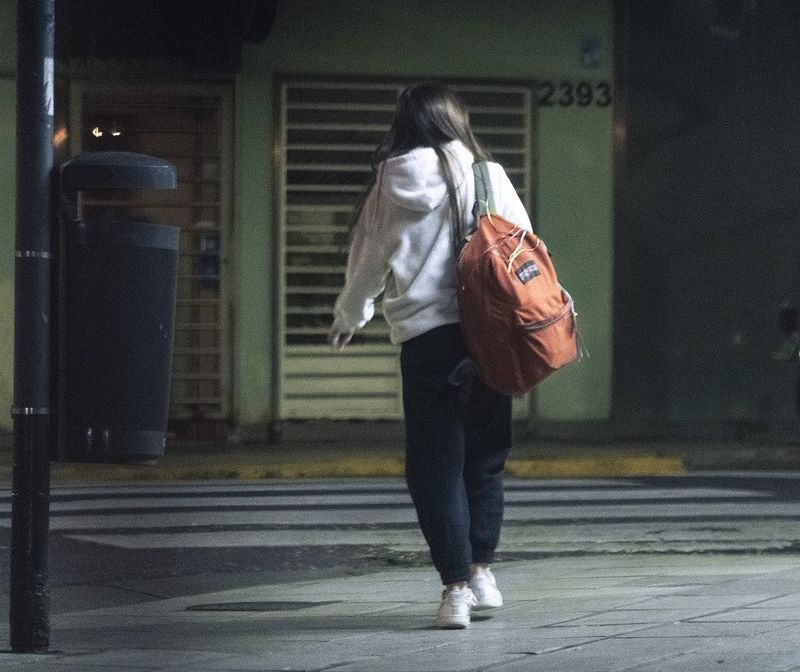
Darkness transforms even familiar places into riskier environments. After sunset, I stick to well-lit, populated areas or take trusted transportation options. Nighttime exploration requires extra precautions that many solo travelers unfortunately overlook.
If evening outings are important to your travel experience, research nightlife safety specifically for your destination. Some cities remain lively and relatively safe after dark, while others become significantly more dangerous. Walking confidently and purposefully reduces the appearance of vulnerability.
Apps that track your location and share it with trusted contacts add an extra layer of security for necessary nighttime journeys.
9. Not Locking Up Valuables

Shared accommodations create easy theft opportunities when valuables aren’t secured. I always use hostel lockers or hotel safes, even in seemingly trustworthy environments. That “just for a minute” bathroom break without securing your belongings is exactly when opportunistic theft often happens.
Portable locks are essential travel companions that transform any closet rod or fixed furniture into a security point. For beaches or pools, waterproof pouches kept on your person protect essentials while swimming.
Remember that theft prevention isn’t just about strangers – fellow travelers or even staff may sometimes be responsible for missing items.
10. Being Too Spontaneous

Flexibility makes travel exciting, but complete spontaneity creates unnecessary risks. Arriving in a new city after dark without accommodation arrangements puts you in a vulnerable position. I’ve learned to balance adventure with basic planning, especially for transition days between destinations.
Having at least your first night’s accommodation booked gives you time to get oriented safely. Spontaneous detours work best when you’ve researched basic safety information about the new destination first.
Share major changes to your itinerary with your safety contacts back home, even when making last-minute decisions to maintain your safety net.
11. Posting in Real-Time

Live social media updates broadcast your exact location to potential predators. I wait until leaving a location before sharing photos or checking in online. This simple delay maintains the joy of sharing your journey without creating a real-time tracking system of your movements.
Geotags and location services reveal more than most travelers realize. Even seemingly innocent posts like hotel room views can help strangers identify exactly where you’re staying. Adjust privacy settings on social platforms before your trip to limit who sees your travel content.
Consider creating a private group for close friends and family if you want to share updates more securely.
12. Not Learning Key Phrases
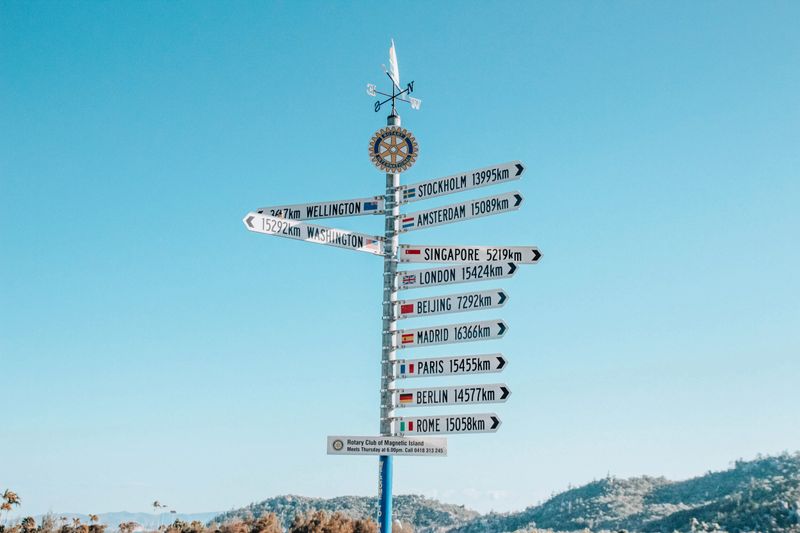
Language barriers become dangerous during emergencies when you can’t communicate basic needs. Learning to say “help,” “police,” and “I need a doctor” in the local language could literally save your life. My small pocket notebook with essential translated phrases has proven invaluable in stressful situations abroad.
Beyond emergency terms, knowing how to ask directions and understand basic responses helps prevent getting lost in unfamiliar areas. Simple courtesies like “please” and “thank you” in the local language often result in more assistance when you need it.
Translation apps work well but require functioning phones – memorize the most critical phrases.
13. Relying Only on Wi-Fi
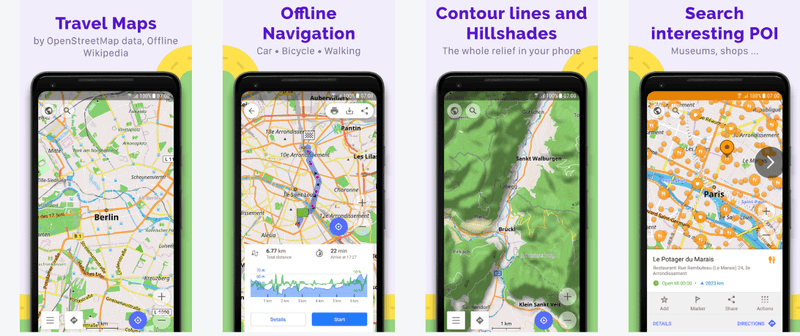
Digital dependency becomes a serious liability when signals disappear. I always download offline maps and translation tools before exploring new areas. Without cellular data or reliable Wi-Fi, you can quickly find yourself disoriented in unfamiliar surroundings.
Physical backup systems like small paper maps with your accommodation marked provide insurance against dead batteries or technical failures. Writing down important addresses and phone numbers may seem old-fashioned but proves invaluable during technology emergencies.
Consider investing in a local SIM card or portable Wi-Fi device for countries where staying connected is particularly important for safety reasons.
14. Choosing Isolated Lodging

Remoteness creates vulnerability, especially when traveling alone. That secluded beachfront bungalow might look dreamy online but becomes concerning when you’re the only guest in an isolated area. I prioritize accommodations in well-populated areas with 24-hour reception or security, particularly for my first nights in a new destination.
Reading reviews specifically from solo travelers provides valuable safety insights about neighborhoods and properties. Check transportation options before booking – relying on single drivers in remote areas creates unnecessary dependency on strangers.
For longer stays, you can explore more secluded options after becoming familiar with an area.
15. Leaving Drinks Unattended

Drink spiking happens worldwide, targeting both alcoholic and non-alcoholic beverages. I never leave my glass unattended, even for a quick bathroom break. If you must step away, finish your drink first or order a fresh one upon return.
Watch bartenders prepare your drinks when possible, and be wary of accepting beverages from strangers, no matter how friendly they seem. Unusual taste, excessive bubbling, or unexpected cloudiness can indicate tampering.
Trust your instincts if you suddenly feel disproportionately intoxicated or disoriented – seek help immediately from venue staff or call emergency services.
16. Ignoring Cultural Norms
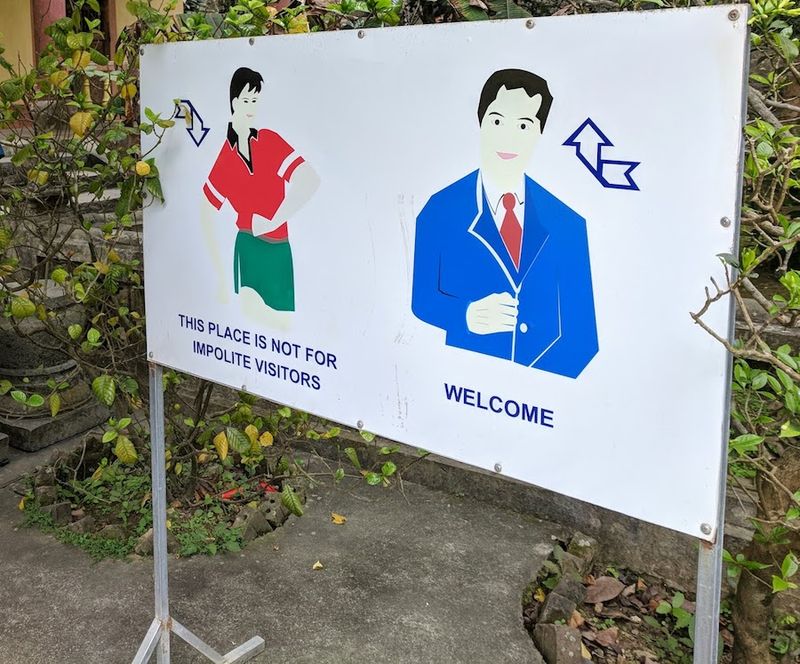
Cultural insensitivity can trigger anything from mild disapproval to serious confrontations. Before visiting sacred sites in Thailand, I researched appropriate dress codes to avoid unintentionally disrespecting important cultural spaces. Different cultures have varying expectations regarding physical contact, eye contact, photography permissions, and dining etiquette.
Women travelers face additional considerations in regions with conservative gender expectations. Observing how locals dress and behave provides valuable real-time guidance beyond what guidebooks cover.
When unsure about a cultural practice, asking respectful questions shows your genuine interest in understanding rather than dismissing local customs.
17. Forgetting Backup Copies
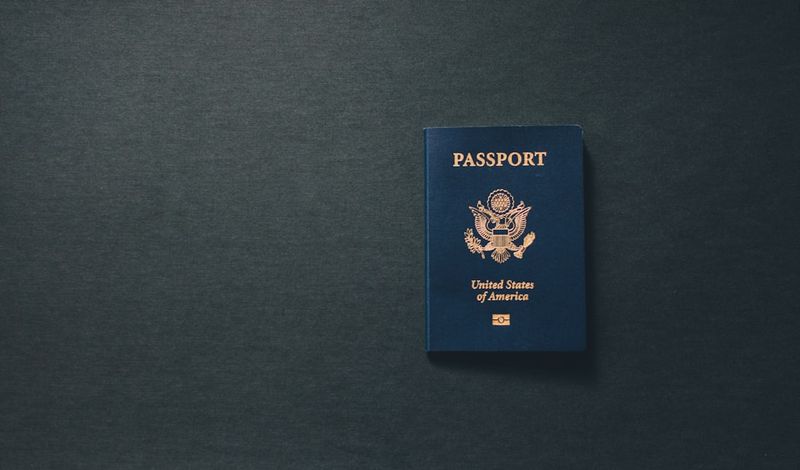
Lost passports create consular nightmares that can derail your entire trip. I keep digital and physical copies of all important documents stored separately from the originals. Cloud storage provides access to scanned documents from any device with internet access when emergencies arise.
Email yourself essential information like passport details, insurance policies, and emergency contacts before departure. Share access to these resources with a trusted person back home who can assist remotely if needed.
Physical photocopies distributed throughout your luggage provide backup when digital options aren’t available – just ensure they’re stored securely to prevent identity theft.
18. Carrying Too Much Cash

Large amounts of physical currency create unnecessary risk of theft or loss. I distribute limited cash between different secure locations on my person and in my luggage. Multiple cards from different networks provide alternatives when machines reject your primary payment method.
Notify your bank about travel dates and destinations to prevent fraud alerts that freeze accounts at inconvenient moments. Research local ATM availability and fees before arrival to develop a realistic cash management strategy.
Money belts and hidden pouches offer better protection than wallets or purses, though appearing to access them in public defeats their purpose by revealing their location.
19. Getting Lost Without Backup
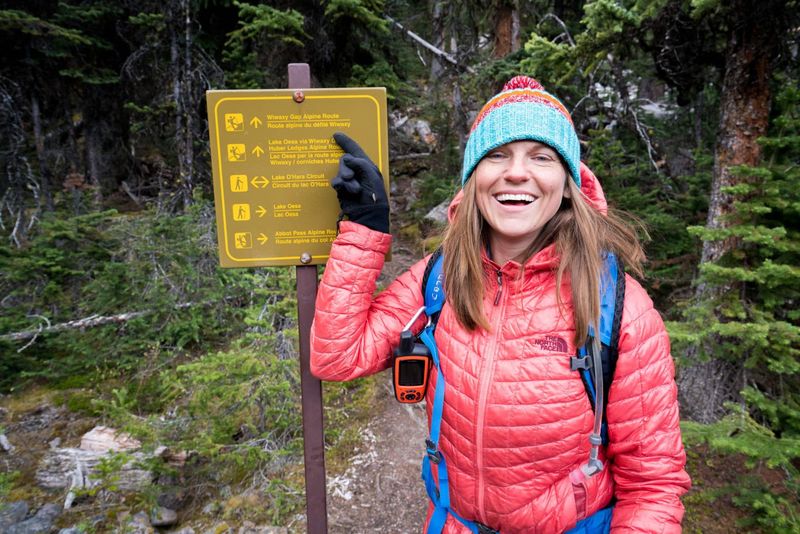
Disorientation becomes dangerous without proper preparation for finding your way back. I always memorize my accommodation’s name and address in the local language before exploring unfamiliar areas. Business cards from your hotel provide reliable return directions when language barriers exist.
Setting emergency meeting points when traveling with temporary companions ensures reconnection if separated. Understanding basic grid systems or landmark navigation helps when technology fails in unfamiliar cities.
Consider downloading What3Words or similar geolocation apps that can pinpoint your exact location with three simple words – invaluable when describing your position to emergency services in remote areas.
